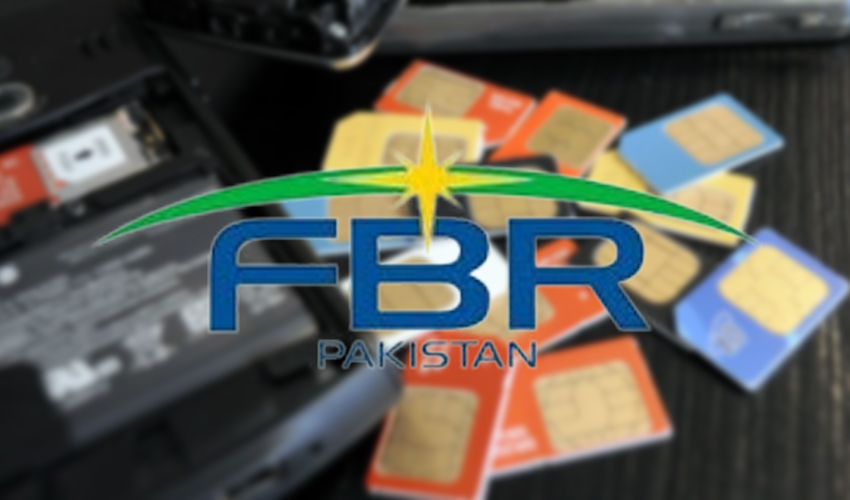Mohsin Siddiqui (Chief Reporter)
In a significant fiscal policy shift, the Pakistani government has announced an aggressive increase in income tax rates for non-filers engaging in transactions involving prepaid internet and phone cards, as well as units for electronic mediums. Effective from the fiscal year 2024-25, non-filers will face a hefty tax rate of 75% on the bill or sale price of such prepaid services, as outlined in the budget documents.
The Budget 2024-25 emphasizes the government’s commitment to broadening the tax base and enhancing revenue collection through targeted measures aimed at non-filers of income tax returns. Central to these efforts is the imposition of a high withholding tax rate of 75% on specified transactions involving mobile users and users of electronic mediums who are not compliant with income tax filing requirements.
According to the budget documents, the revised income tax withholding tax rates will apply specifically to transactions where individuals mentioned in the income tax general order issued under section 114B (pertaining to non-filers of income tax returns among mobile users) engage in purchasing:
Prepaid internet cards Prepaid telephone cards Units for any electronic medium
The 75% withholding tax rate will be calculated based on the total bill amount or sale price, ensuring a substantial deduction aimed at incentivizing tax compliance among non-filers.
Finance experts and government officials argue that these stringent measures are necessary to curb tax evasion and enhance revenue streams for the exchequer. By imposing a significant withholding tax on non-filers purchasing prepaid services, the government aims to discourage informal economic activities and encourage broader participation in the formal tax system.
The introduction of higher withholding tax rates is expected to have dual benefits: firstly, it will compel non-filers to reconsider their tax compliance status to avoid substantial deductions on their transactions. Secondly, it will contribute to expanding the tax base by bringing more individuals into the formal tax net, thereby strengthening the overall fiscal position of the government.
While these measures are seen as critical steps towards financial discipline and accountability, they may pose challenges in terms of implementation and enforcement. Stakeholders, including consumer advocacy groups and mobile service providers, may raise concerns about the potential burden on consumers and operational complexities associated with compliance.
The government’s strategy extends beyond immediate revenue generation to fostering a sustainable tax culture and promoting economic transparency. By leveraging technology and policy reforms, Pakistan aims to create an environment conducive to long-term economic growth and stability.
The announcement of increased tax rates has sparked varied reactions within the public domain and among industry stakeholders. While some applaud the government’s proactive stance on tax compliance, others express concerns about the potential impact on consumer spending and market dynamics.




